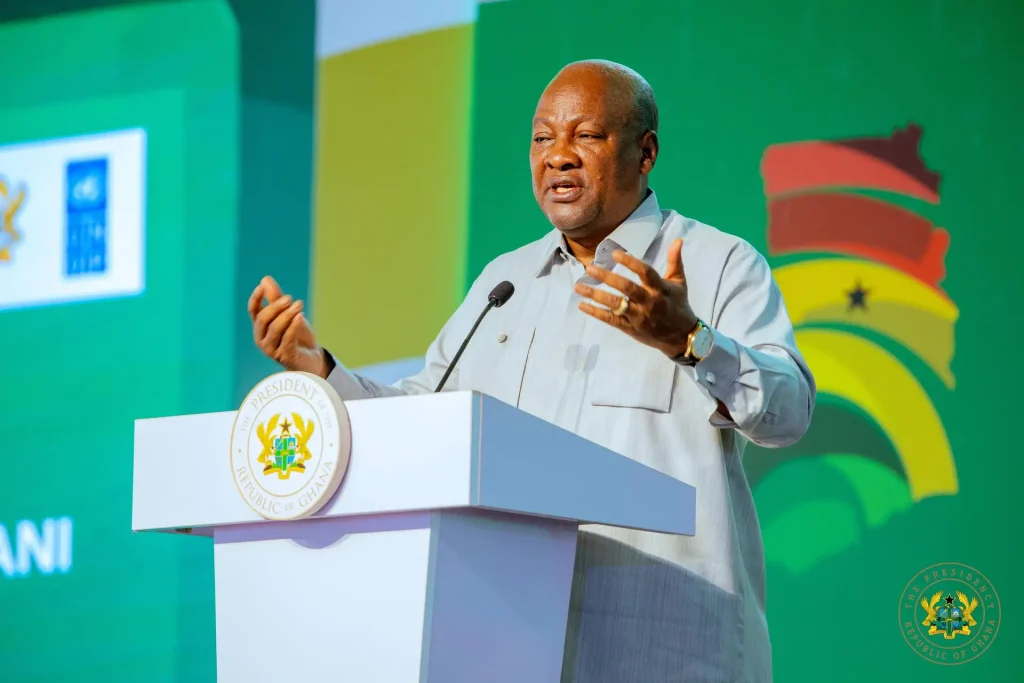President John Dramani Mahama has issued a firm directive to all Metropolitan, Municipal, and District Chief Executives (MMDCEs) to comply with Article 286 of the 1992 Constitution by declaring their assets by July 15, 2025, or face sanctions.
“I wish to remind you that you are among the office holders required to declare your assets, and so I expect that by July 15, all of you will have declared your assets,” President Mahama stated during an orientation and training programme for MMDCEs held in Accra on Wednesday, June 18.
The President emphasized that asset declaration is not just a constitutional requirement, but a vital tool in the fight against corruption and in restoring public trust in governance.
Since assuming office in January 2025, Mahama has insisted that all his appointees adhere strictly to this mandate, and defaulters have already faced sanctions.
Beyond compliance, the President drew attention to unprecedented government support for the local assemblies, highlighting record transfers from the District Assemblies Common Fund (DACF).
“We have taken steps to transfer the highest amount of funds in the history of the Fourth Republic to you from the District Assemblies Common Fund, 80% of the DACF is coming directly to you,” he revealed.
With this funding, President Mahama charged MMDCEs to ensure maximum transparency and public accountability. “We expect you to ensure the judicious and transparent use of these resources. The funds must be utilised in the interest of our people and not for our social contract,” he stressed.
The President also announced upcoming reforms in the management of sanitation services at the local level. He criticized the current centralized waste management model and disclosed that new guidelines would soon be introduced.
“New guidelines will soon be introduced for MMDAs to transparently select their sanitation service providers through a competitive procurement process, ” he said, signaling a shift toward decentralization.
President Mahama’s remarks reinforce his administration’s commitment to good governance, anti-corruption, and responsible decentralization.


